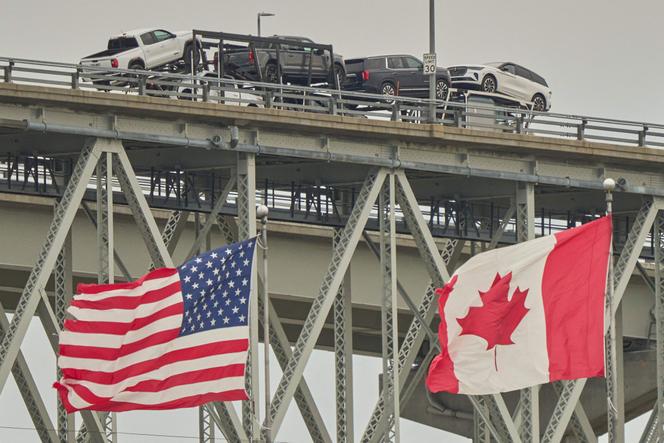

At the start of the tariff war, Donald Trump's remarks about annexing Canada were interpreted by Canadian politicians as another of those fleeting whims that assail the mind of the populist-in-chief at the White House.
Threats of trade retaliation peppered the presidential campaign, to the detriment of the partners in the Canada-United States-Mexico Agreement (CUSMA). It matters little that the economies of the three countries are interconnected, exposing the United States to a risk of contagion if inflation and recession grip its neighbors. The most evocative example of this integration lies in the automotive industry, hit by 25% tariffs on March 26.
Canadians expected turbulence following Trump's re-election, knowing his appetite for tariffs and renegotiating trade agreements to his advantage. However, they did not expect to debate a threat of annexation. Yet, the invitation to transform Canada into the "51st state" emerged within the US Republican right, coinciding with Trump's aspirations to swallow up the Panama Canal and Greenland.

We can understand the incredulity of our French friends because this provocation was absent from the 2024 presidential campaign. Nevertheless, it raises profound questions about our alliances, our security, and our identity on an American continent where we are simultaneously intertwined in a common market but separate from the excesses of the United States.
You have 87.31% of this article left to read. The rest is for subscribers only.
